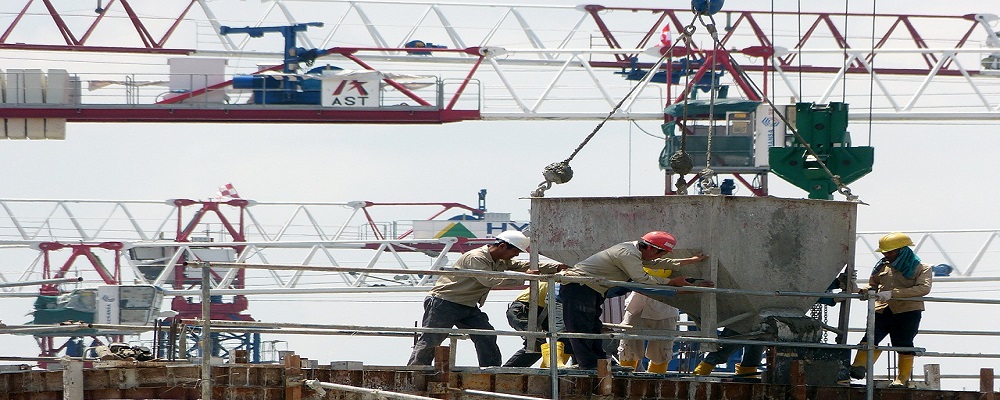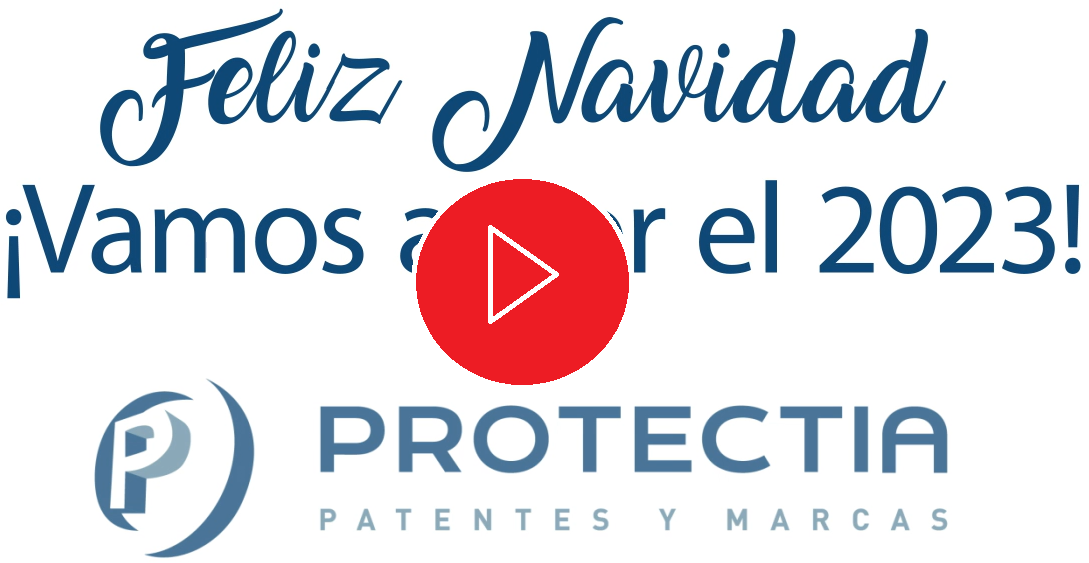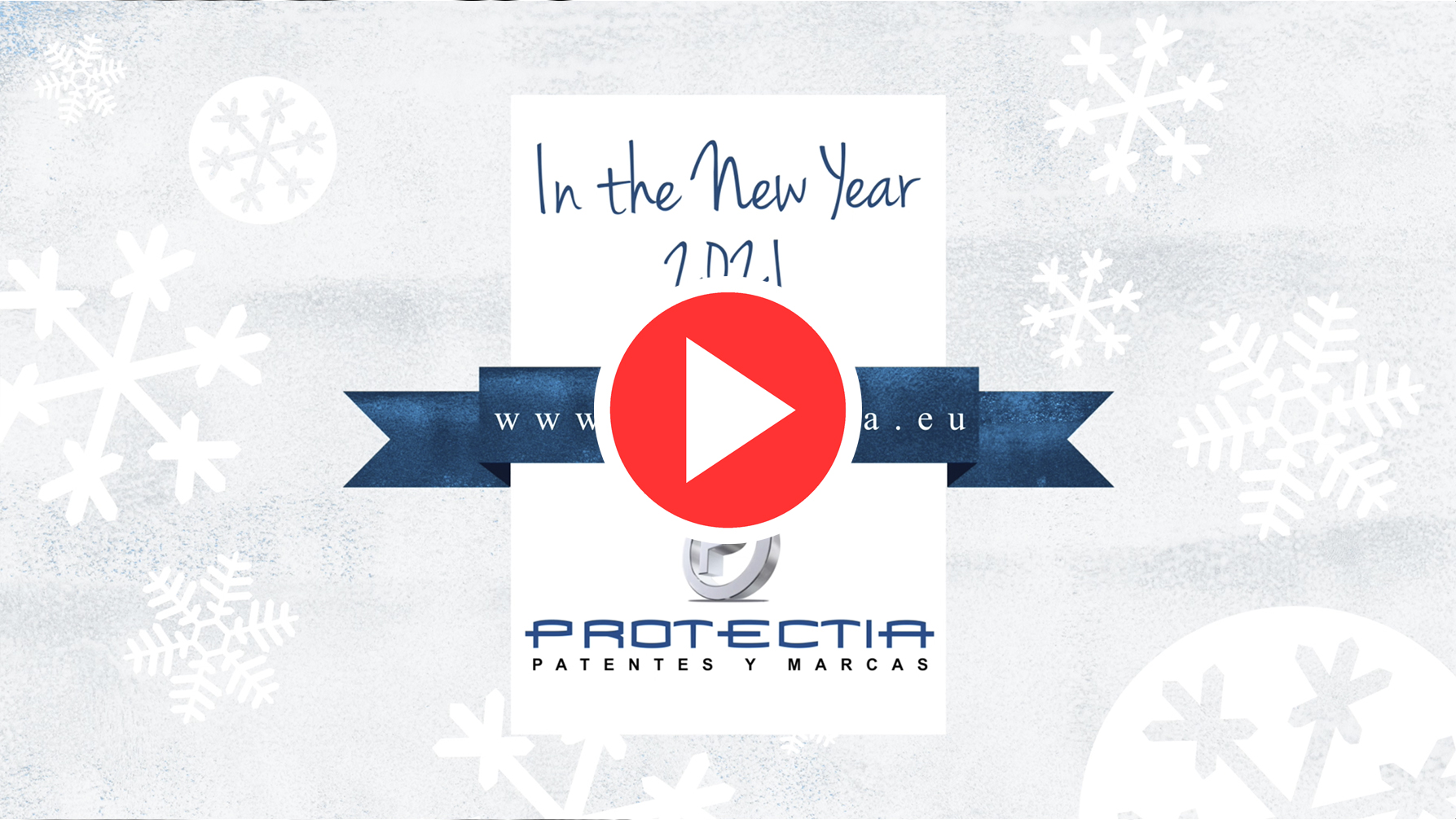The current Chilean Industrial Property law dates back to 1991, although it has been modified three times: in 2005, 2007 and 2011. However, this law does neither adapt to the reality of global and dynamic economy, nor to the international treaties and Free Trade Agreements signed by Chile especially with Europe and USA.
As an example we can see that, in 1991, 16.000 applications for trademarks registration and 800 patents application were filed. In 2012 there were 53.040 applications (33.693 new trademarks and the rest renovations) and 3.760 patents.
The Chilean government decided to draft a new law, whose preparation lasted about three years, collecting opinions from entrepreneurs, professionals and associations.
Reform of industrial property law in Chile: modifications
The new law changes a series of elements which we are now going to comment:
- New definition of a trademark: its definition is extended, which allows including three-dimensional trademarks, holograms and olfactory trademarks.
- Slogans, which today are always protected together with a previously registered trademark, will be autonomous trademarks.
- Also, it is established a specific protection, not registration, for trade names.
- Collective marks, certification marks, geographical indications and appellations of origin which benefit large groups of farmers or traders, are regulated on a better way.
- Introduction of the trademark cancellation, at the request of third parties, for non-use of the trademark during an uninterrupted period of 5 years. Chile is today one of the few countries, along with Uruguay, which does not require use of trademark. Therefore, law follows the global trend and sticks to the essential function of a trademark, being present in the market to differentiate goods and s
- The concept of trademark dilution is introduced. A sign cannot act as a trademark if it has become the common identifier for the consumer of a product or service. Besides, trademark dilution is penalized: the trademark loses its distinctive capacity (they generally are famous trademarks) to identify products or services, because the owner has caused or allowed the generality of its trademark when he designated the goods or services in commerce.
- It is encouraged that patents of invention should be used for research or private purposes by third parties.
- Penalties for crimes against industrial property rights are increased, introducing, for example, the action of patent usurpation and imposition of imprisonment for trademark infringement.
- Official fees are lowered and trademarks and patents will not be published in the Official Journal of the Republic, seeking to lower the costs in order to increase the interest of protecting industrial property.
- Publications shall be realized by INAPI Electronic Bulletin.
- INAPI (Chilean Patent and Trademark Office) is replaced by the National Institute of Industrial Property (INPI), which will be a functionally decentralized public service, with legal personality and its own resources. It shall have technical and legal personality, in charge of administration and care of industrial property services. It shall also promote the protection provided by the industrial property and disseminate technological heritage and the information available on the subjects mentioned above.
All these initiatives bring Chile closer to global standards for the protection of Industrial Property. Now this project will be discussed by the deputies and senators before to adopt the definitive text of this major reform.




